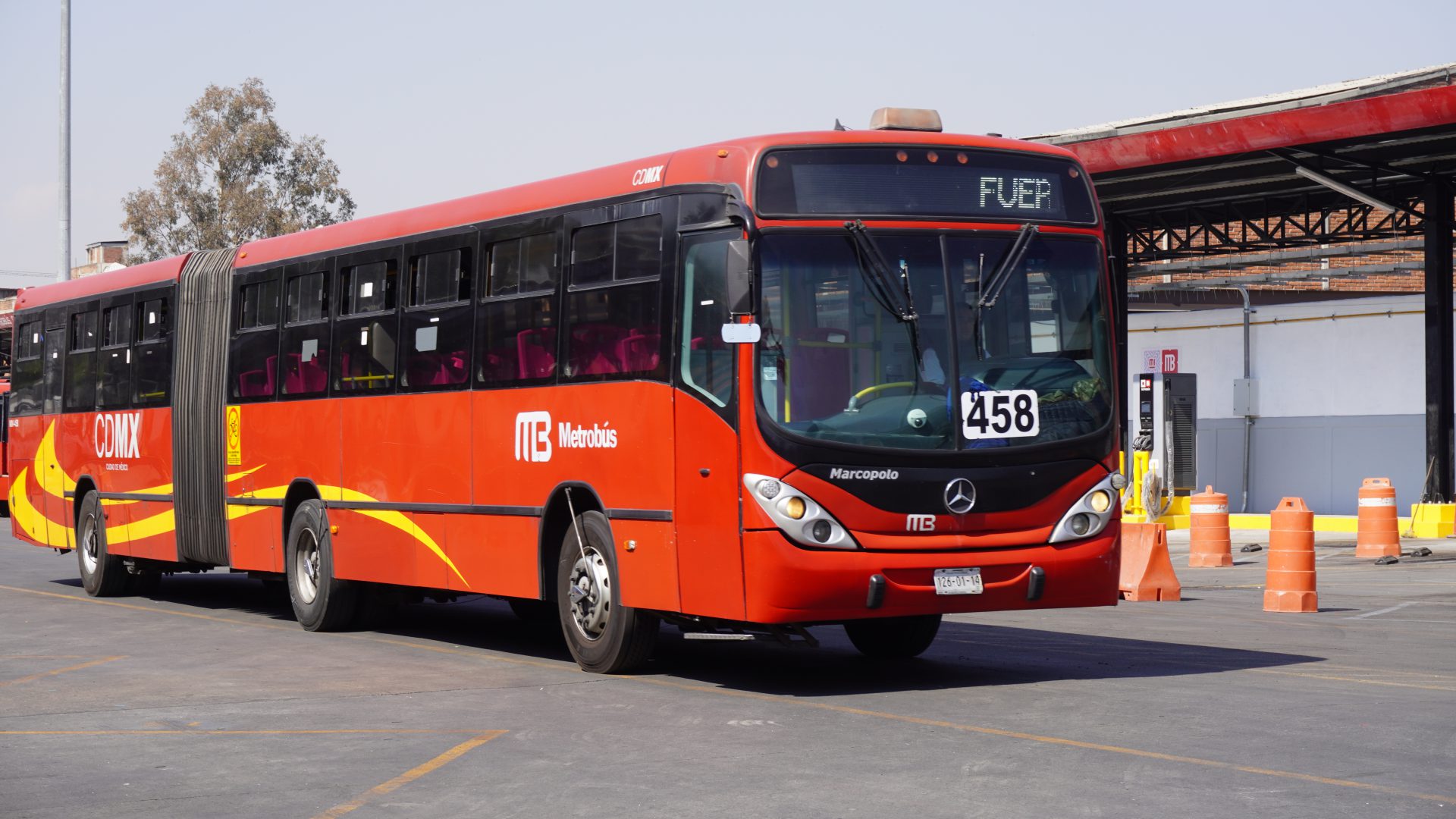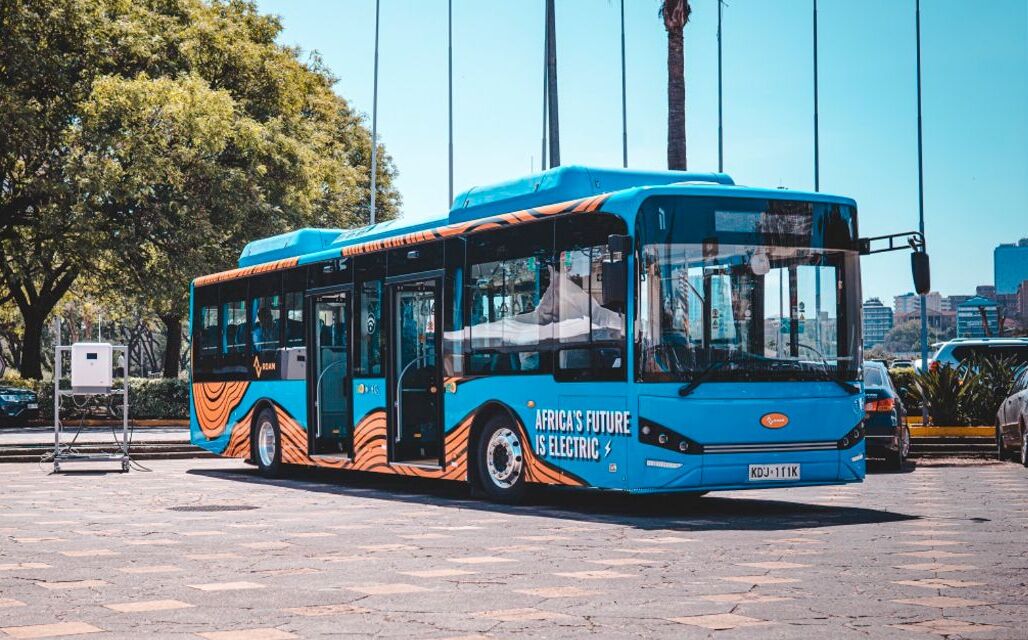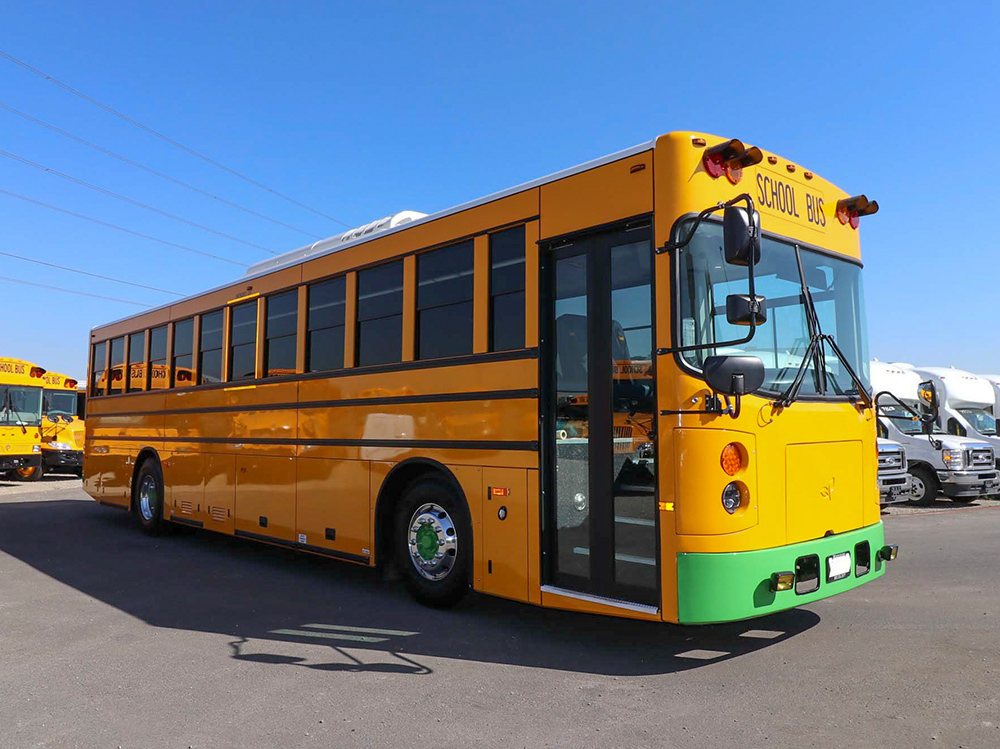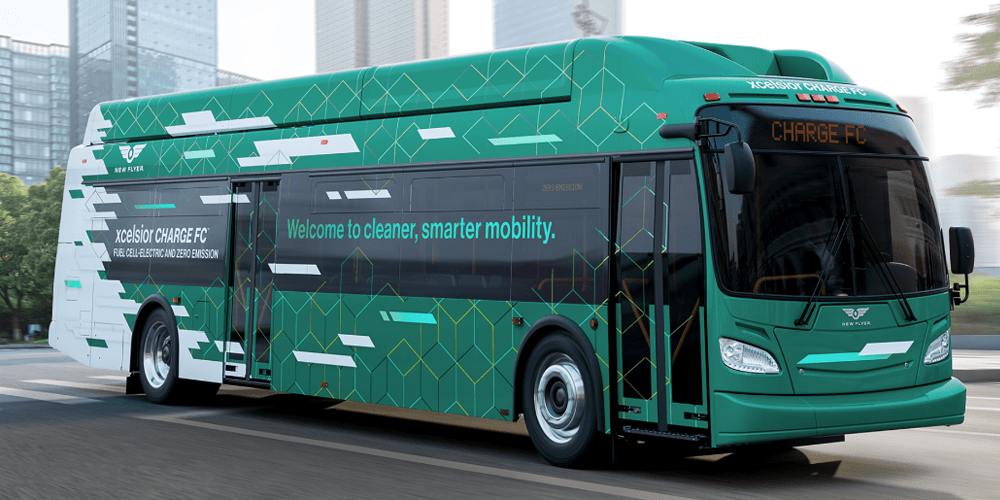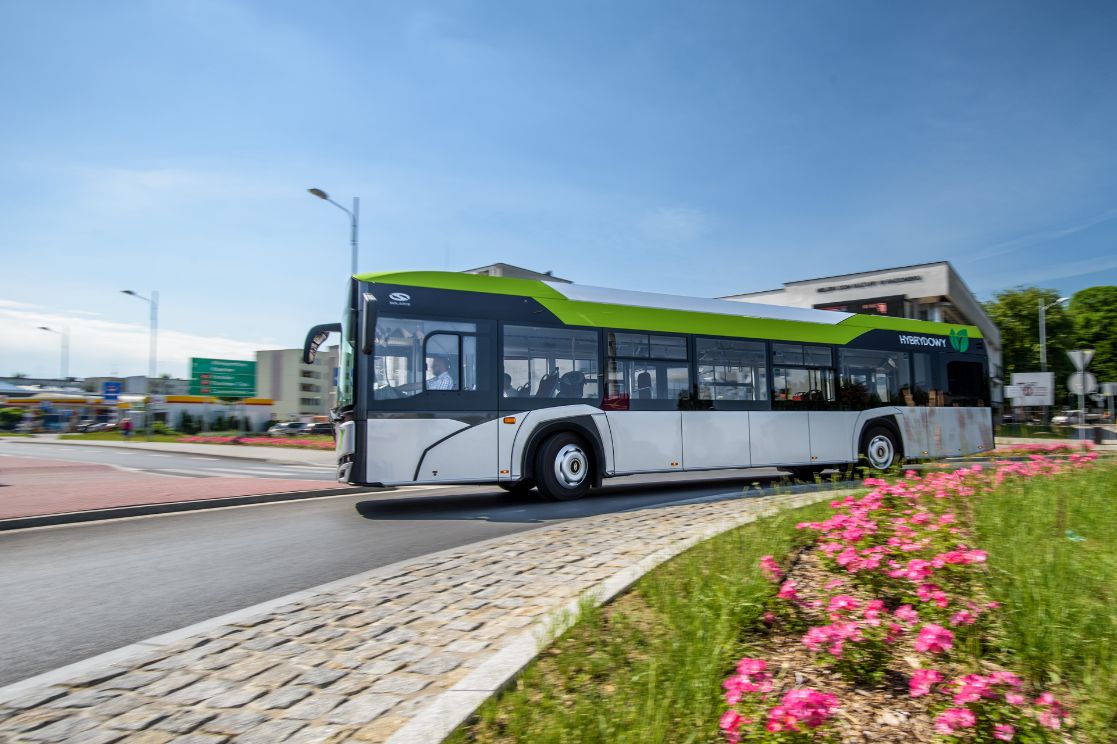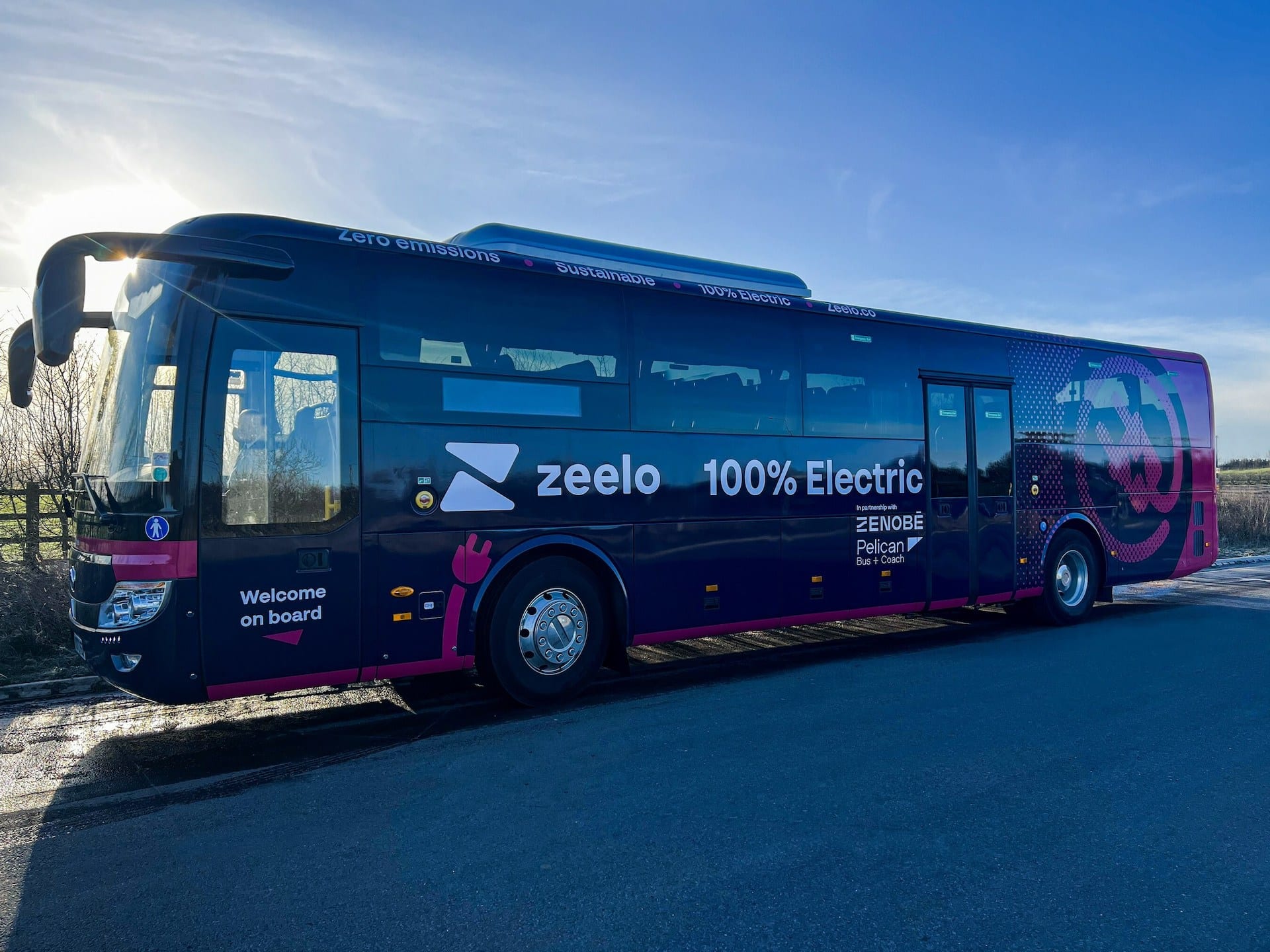Mexico City has taken a significant step towards achieving its target of electrifying its entire bus fleet by 2035, with the addition of 50 new articulated electric buses to Line 3 of its public transport system. Managed by decentralised public entity Metrobús, the bus rapid transit (BRT) service covers 283 stations, seven bus lines and 140 kilometres, servicing 1.8 million daily riders. With the incorporation of the new buses, Mexico City now boasts the largest fleet of articulated e-buses in Latin America and one of the largest worldwide.
To realise its ambitious electrification goals, Metrobús enlisted the technical assistance of the Zero-Emission Bus Rapid Deployment Accelerator (ZEBRA), a partnership led by C40 Cities and the International Council on Clean Transport (ICCT), with support from the World Resources Institute (WRI) and the Global Green Growth Institute (GGGI). ZEBRA works to assist public authorities in Latin America to deploy low-carbon e-mobility projects and enable replication and scaling-up of best practices across the region.
See also: Warrington to Transition Entire Bus Fleet to Electric with £21.5 Million ZEBRA Funding
Metrobús’s Line 3 (L3) has been operational since 2011 and, as it celebrated its tenth anniversary, ZEBRA supported the phasing out of its diesel-fuelled fleet with the deployment of articulated e-buses. Technical assistance from ZEBRA facilitated the electrification of Metrobús’s L3 line, as well as providing documentation and learnings from a 2021 pilot scheme, which saw ten Yutong articulated electric buses put into service. The e-bus fleet’s impressive performance convinced both Metrobús and MIVSA, the BRT’s operator, to acquire more electric buses.
Technical assistance from ZEBRA and its partners included defining e-bus technical specifications, monitoring and evaluating the city’s first e-bus pilot fleet, e-bus route modelling and total cost of ownership analyses, support in waiving import fees for e-buses, assessment of Metrobús’s financial model, assessment and recommendation of the best credit options offered by financial institutions, technical support to structure the city’s Request for Proposal documents and legal documentation, recommendations surrounding the construction of charging infrastructure, and dissemination of Mexico City’s experience with other cities in the region.
See also: MAN receives order for 59 solo and 17 articulated electric buses from Unibuss
In March 2022, a strategy for the deployment of an electric fleet in Mexico City’s “Metrobús” L3 and L4 lines was launched, confirming that electric buses are a viable alternative for the renovation of diesel fleets, not only from an economic point of view but also because they reduce local and climate pollutants.
ZEBRA also worked with Metrobús to hold an event for local operators in July 2022, called “The road to electromobility of the Metrobús,” where operators, investors, and manufacturers came together to learn more about electromobility in public transport.
In December 2022, the ICCT launched two new reports on the energy consumption and performance of articulated electric buses in Mexico City’s bus rapid transit system. The reports found that the city’s e-buses met operating requirements, driving between 250 km and 325 km during two-thirds of the 10-month monitoring period, with energy consumption per kilometre remaining within a specific range. Similarly, the energy regenerated by the braking system remained stable throughout the period.
See also: Himiway Launches Unique California and Florida Limited Edition Fat-Tire E-Bikes in the US
GGGI supported Metrobús in developing an RFP for the provision of charging infrastructure, providing transaction advisory services and selecting the best credit terms among a diverse range of financial providers. The initiative helped to make the project’s financial model more robust, and a set of evaluation criteria was developed to inform the selection of the most cost-efficient and technically accomplished proposals.
The successful incorporation of 50 new articulated electric buses into Mexico City’s public transport system is a significant milestone towards

